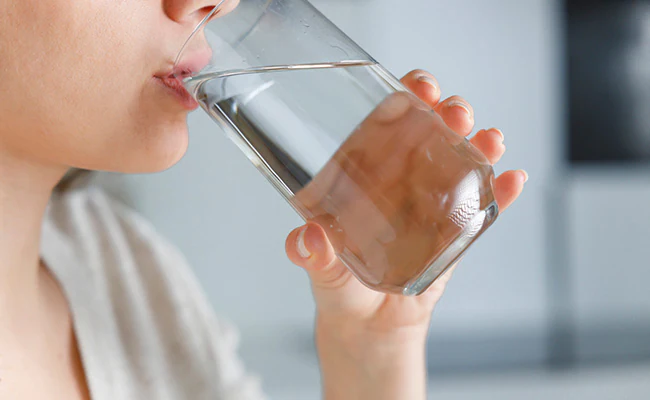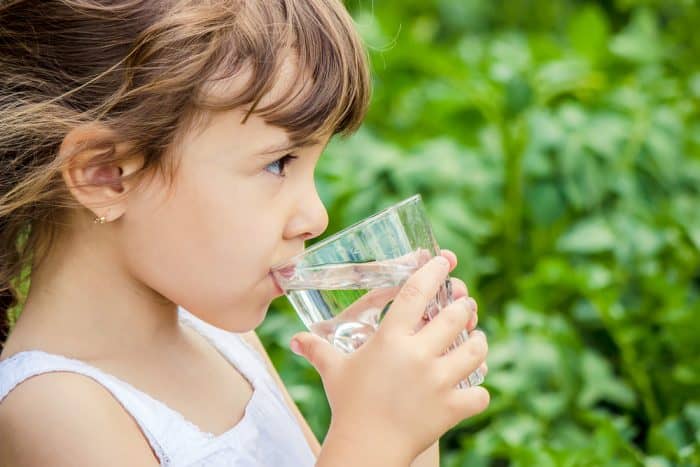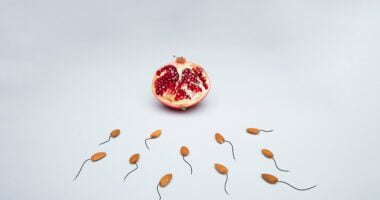Water is essential for our bodies to function properly. It plays a crucial role in maintaining overall health and well-being. However, many people underestimate the importance of staying hydrated and fail to drink enough water on a daily basis.
In this article, we will explore the various effects of dehydration on the body and why it is important to prioritize proper hydration.
Table of Contents
The Significance Of Water In The Body
Water is the foundation of life. Our bodies are composed of approximately 60% water, highlighting its significance in maintaining our bodily functions. It acts as a vital solvent, transporting nutrients, regulating body temperature, lubricating joints, and aiding in digestion. Every system in our body relies on water to function optimally.
What Happens To Your Body When You Don’t Drink Enough Water
Dehydration and Its Immediate Effects
When you don’t drink enough water, dehydration sets in. Initially, you may experience mild symptoms such as thirst, dry mouth, and dark-colored urine. These are signs that your body is already lacking adequate hydration. As dehydration progresses, you may start to feel fatigued, dizzy, and experience headaches.
Impact on Cognitive Function
Proper hydration is crucial for maintaining optimal brain function. When you don’t drink enough water, your cognitive abilities may be compromised. Studies have shown that even mild dehydration can impair concentration, memory, and overall cognitive performance. So, if you’re finding it difficult to focus or remember things, it might be a result of insufficient water intake.
Effects on Physical Performance
Staying hydrated is essential for athletes and individuals who engage in physical activities. When you don’t drink enough water, your physical performance can be significantly affected. Dehydration leads to a decrease in blood volume, making your heart work harder to pump oxygen and nutrients to your muscles. This can result in reduced endurance, increased fatigue, and decreased overall performance.
Impact on Digestion and Metabolism
Water plays a vital role in the digestive process. It helps break down food, aids in the absorption of nutrients, and prevents constipation. When you don’t drink enough water, your digestive system can become sluggish, leading to issues such as indigestion and bloating. Additionally, proper hydration supports a healthy metabolism, helping your body efficiently convert food into energy.
Effects on the Skin
Your skin is the largest organ in your body and requires proper hydration to stay healthy and vibrant. When you don’t drink enough water, your skin can become dry, dull, and less elastic. Dehydration can also exacerbate skin conditions such as acne and eczema. To maintain a healthy complexion, it is essential to hydrate from within by drinking an adequate amount of water.
Impact on Kidney Function
Your kidneys play a vital role in filtering waste products and toxins from your body. Adequate water intake is necessary to support proper kidney function. When you don’t drink enough water, your kidneys may not be able to effectively eliminate waste, leading to the formation of kidney stones and potential urinary tract infections. Stay hydrated to promote optimal kidney health.
Conclusion
Proper hydration is vital for overall health and well-being. When you don’t drink enough water, your body can experience various negative effects, ranging from cognitive impairment to decreased physical performance and skin issues. By prioritizing hydration and ensuring you meet your body’s water needs, you can maintain optimal bodily functions and support your overall health.
Next Post | 8 Health Benefits Of Fish Oil To Women
FAQs
The general recommendation is to drink at least 8 glasses of water per day, which is about 2 liters or half a gallon. However, individual water needs may vary based on factors such as age, weight, activity level, and climate.
While other beverages can contribute to your overall fluid intake, water is the best choice for hydration. Drinks like soda, coffee, and alcohol can have a diuretic effect, causing increased urine production and potentially dehydrating your body.
Dehydration signs in children: dry mouth, decreased urination, irritability, lethargy, and sunken eyes. Monitor their hydration, especially in hot weather or during physical activity, and ensure they drink enough water.
Excessive water intake can cause hyponatremia, a condition with low blood sodium levels. This can be dangerous, particularly during intense physical activity. It’s important to drink water in moderation and pay attention to your body’s signals.










